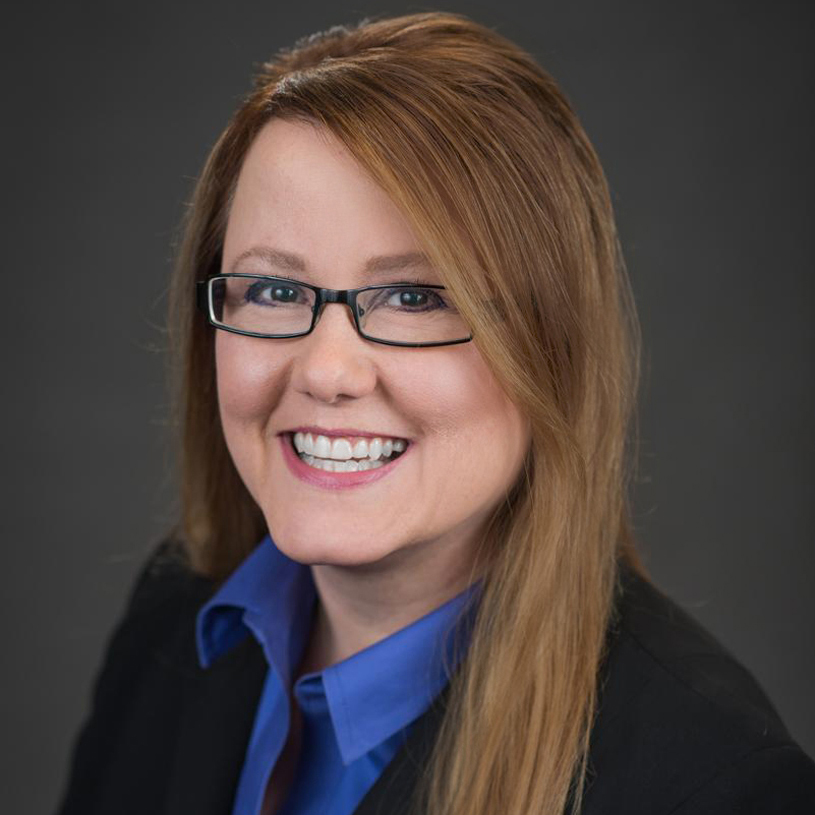
It’s been a while since I’ve written about marketing or media messages that mischaracterize senior living or aging adults (and we’re all aging).
A few uses of language caught my attention this past week.
First, in news with a happy ending, a man with dementia temporarily was missing after he left the memory care community where he lived, but he later returned to the community.
Disturbing were the website and television reports that I saw, after he returned, that repeatedly used the word “escaped” to describe the resident’s actions. One account said the resident “broke out of” the building. He did break a window to leave, but “broke out of” makes the community sound like a prison.
And that’s why the language bothered me. Even assisted living communities with dedicated memory care units strive to provide home-like settings and resident-centered care. Surely the reporter could have chosen his words more carefully.
It reminded me of a commercial of sorts that was lauded as inspiring two years ago when it was posted on YouTube. Do you remember it? Titled “Break Free,” it featured a fictional account of a resident who tried to leave the retirement community where he lived; in doing so, he was physically restrained by staff members as a nurse looked on, arms crossed and a scowl on her face. After staff members prevented a few additional attempts by the man to go outside to get exercise, the nurse took his running shoes and hid them.
At the time, I wrote, “The only inspiration that those in the senior living industry can take from the spot is the inspiration to improve their communities where needed and to work to change the negative perceptions that others have of them.”
I don’t know that the reporters using the word “escaped” in this instance were doing so because they hold negative perceptions of the industry, but it appears that the industry has more educating to do on language.
One other news story that caught my attention unfortunately had a terrible ending. I saw a report of an “elderly” resident of a senior housing apartment complex who had been killed. After getting over the initial shock of the incident, I did a little digging and discovered that the “elderly” woman was 58. Fifty-eight is elderly? Really? Personally, I don’t think people in their 50s are even “seniors,” but they’re definitely not eldery.
I also wasn’t crazy about this Johns Hopkins press release from last week calling 51-year-olds “older adults.”
Again, I was reminded of something I had seen a few years ago, the fantastic video that AARP put out in 2016 to “disrupt aging” — that is, change perceptions of aging and who is thought of as “old.”
Maybe three years isn’t enough time to effect change, or maybe not enough people have seen that video or similar efforts — and there have been others, but it appears that our society is still challenged when it comes to agreeing on what “old” is and putting some thought into the words we choose related to that.
These are just a few of the examples I could share with you every week, and I’m sure you see plenty of your own examples. So we still have work to do.

